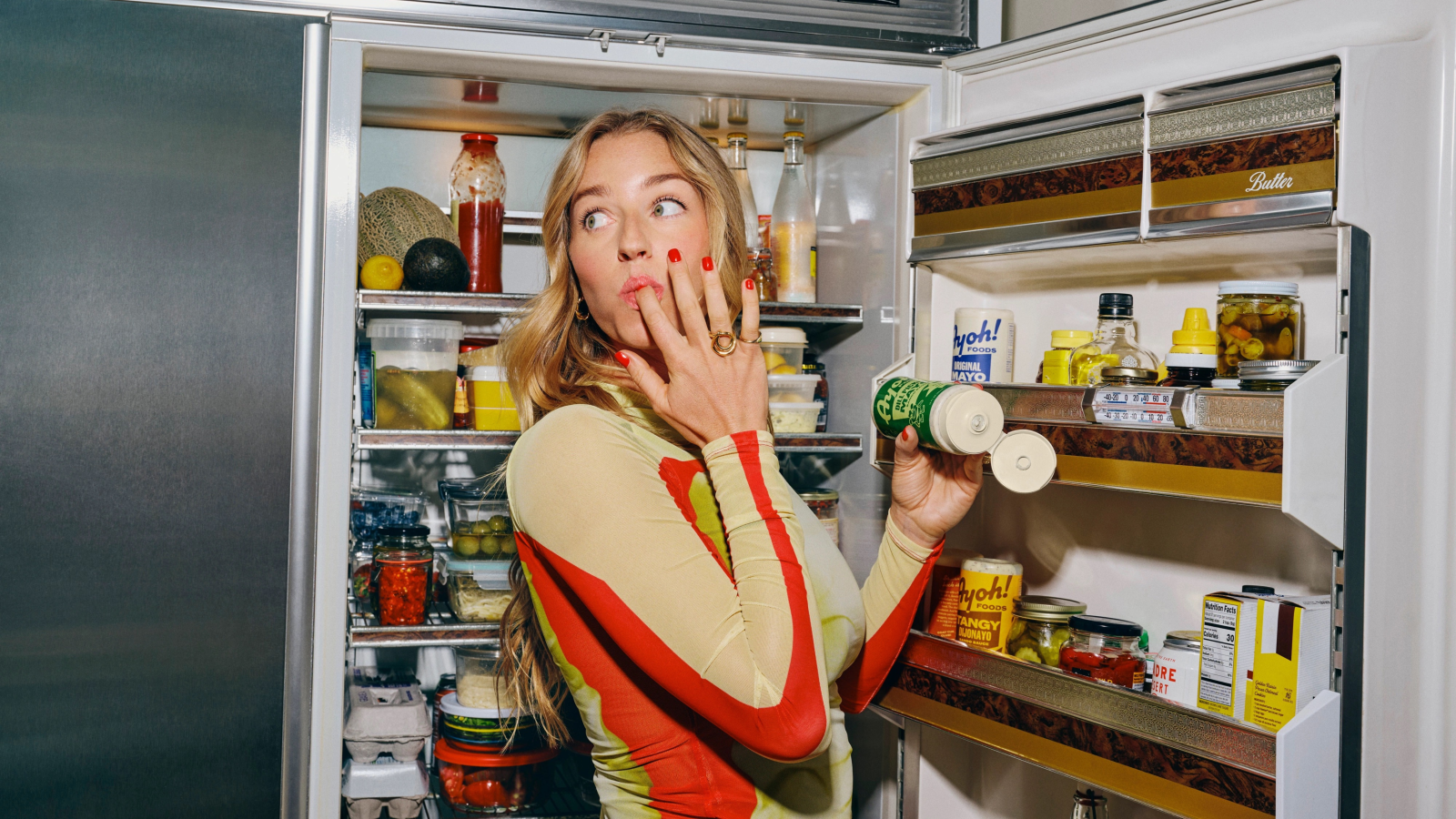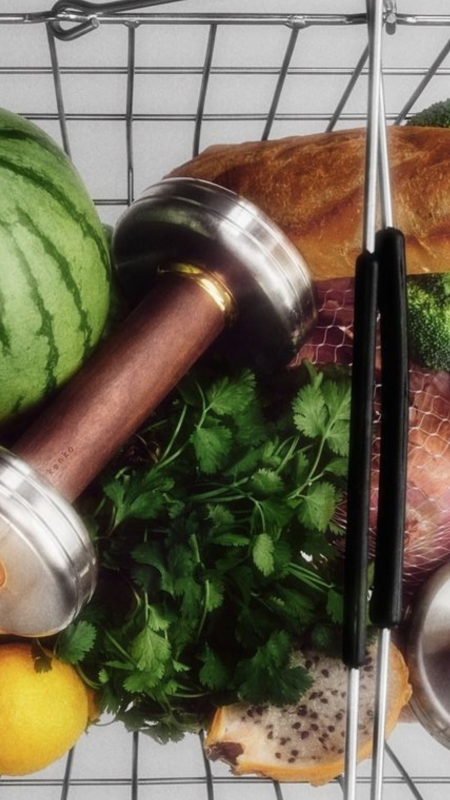Is The War on Processed Food Misleading and A Little … Classist?

by Kayla Kurin
RFK Jr. is targeting ultra-processed foods. But nutrition experts say it’s not the level of processing that matters, but the nutritional quality of the food.
“All the food that you eat is processed because even if you pick an apple off a tree and you wash it, you just processed it,” said Joan Salge Blake (EDD, MS, RDN, LDN, FAND), Professor of Nutrition at Boston University and host of Spot On!
Both of our experts agreed that there are nutritional benefits to processing foods. “You can’t eat grain – it needs to be milled,” Melissa Joy Dobbins (MS, RDN, CDCES) host of Sound Bites told us. “There are certain foods that need to be preserved by freezing and canning. There are lots of important reasons for processing.”
There’s no authoritative definition of what ultra-processed food is or isn’t. Most people are referring to the Nova system when talking about processed food classifications. But these terms can be deceiving. Blake gave the example of chickpeas: “You get dried chickpeas, which are picked, dried, and put in a bag. [That’s] minimally processed. [Next], you have canned chickpeas, which are more processed. Then you have hummus. Hummus can fall into this ultra-processed category depending on how it was made. These researchers made the categories based on the processing of the food. What they didn’t do was look at the nutritional quality of the food.”
Processed foods can actually help make our diet healthier. Frozen fruits and vegetables, for example, can be more affordable, help reduce food waste, and help us get more produce in our diet, which is much needed. “If you have processed frozen carrots, this is great because those carrots peaked when they were picked, cleaned, washed, and then flash frozen, so the nutrients are right in there and ready to eat,” Blake said. But according to the Nova system, “Canned, seasoned, green beans are in the same category as jelly beans.”
“We need more fruits and vegetables and more lean protein, especially legumes and beans, in our diet. Canned beans are just easier. If you get canned beans and mix them with canned tomatoes, put them on some wholewheat tortilla with some ground turkey, and you’ve got an easy and healthy dinner!” Blake explained. “Processed foods have made our diet more nutritious.”
The best way to determine the nutritional quality of a food is to check the food labels. “Look at the percent daily value. If something is 20% or more of the daily value, it’s high in that nutrient. If it’s 5% or less, it’s low in that nutrient,” Blake said.
One thing to look out for when determining if a packaged food might be healthy for you or not is hyperpallability. “Certain foods we can consume more quickly, and they’re not as satiating. They’re not high in fibre or protein, the satiating nutrients. That’s where I’d be concerned. If it’s something you can consume quickly and get more calories that way, I’d put a pause button on those,” Dobbins explained.
But Dobbins argues we know which foods we should limit, “Most people can take a look at food and inherently know if it’s healthy. And people can decide for themselves what’s healthy based on what they’re looking for. We know the difference between a bag of potato chips and a bag of potatoes.”
Most importantly, there isn’t enough research to make dietary guidelines based on the processing level of food alone, Dobbins said. In studies where it showed weight gain was tied to ultra-processed foods, “The ultra-processed foods they were providing were more hyperpallatable, so people ate more calories. If you eat more calories, you’ll gain more weight. But if you controlled it, processed vs. unprocessed, but same calories and nutrients, you shouldn’t see any difference.”
“The science doesn’t support shaming ultra-processed foods,” Dobbins said. “Processed foods can help people who are food insecure eat a more nutrient-rich diet. It’s not helpful to shun these foods.”
People who live in remote areas or places where fresh produce doesn’t grow year-round, might not always have access to fresh fruits and vegetables. Also, frozen and canned foods last longer and are often cheaper than their fresh counterparts. People struggling with grocery food prices, which is a lot of people right now, should be able to eat these foods and know that they’re supporting their health.
While RFK’s bill to ban sodas from being purchased by schools is unlikely to reduce nutrition quality, creating fear around processed foods can negatively impact the nutrition people have access to.
“It’s misleading people and scaring people unnecessarily. Grocery prices are going up and not everybody can afford whole foods. We shouldn’t be demonizing foods that are in packages – especially things like canned tuna, canned beans, rice, and cereals; they’re nutritious,” said Dobbins.
When asked if she thought we should do away with the term processed foods, Blake answered, “Yes. Healthy foods have been put in this group that shouldn’t be in this group.”
Dobbins said, “I’d rather people not be afraid of packaged, or processed, or ultra processed, but instead look at – what nutrition is this food providing me?”

If you’re feeling overwhelmed at the grocery store, remember:
- Most of us need more fruits and vegetables and lean proteins. It doesn’t matter if those come from a produce bin, a freezer bag, or a can!
- Check the nutrition labels and look for the percentage of daily value.
- Choose foods based on your health goals and nutritional needs. If you’re not sure what those are, Blake said, “Most of us need more fibre, less added sodium, less sugar, and less saturated fat.” Dobbins adds that, “Fibre, vitamin D, and potassium are nutrients of public health concern because people aren’t getting enough of those.”
- Limit foods that are hyperpallatable – that is, foods you can eat a large amount of very quickly. As an example, you can eat a bag of potato chips a lot faster than you could eat the equivalent amount of baked potatoes. But most of us know by looking at it if it’s a “junk” or “indulgent” food. Trust your instincts on which foods are healthy for you!











